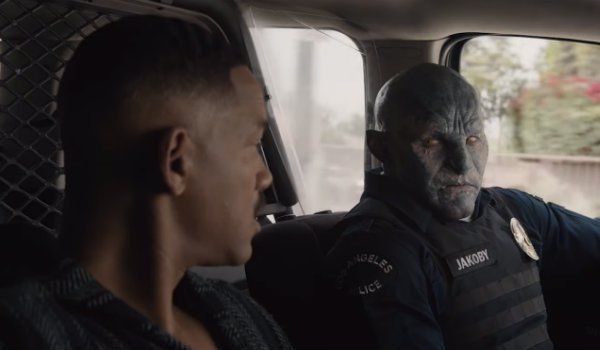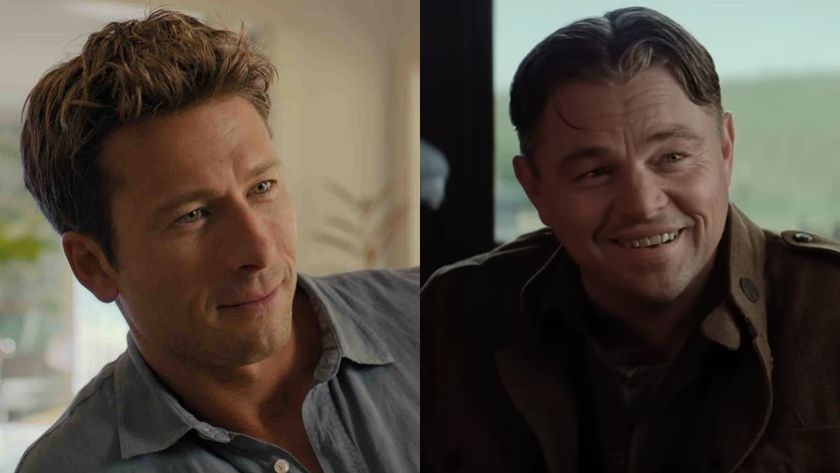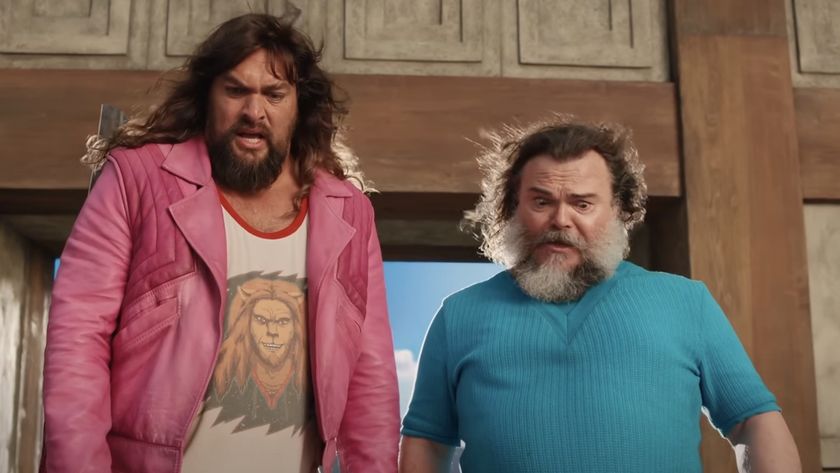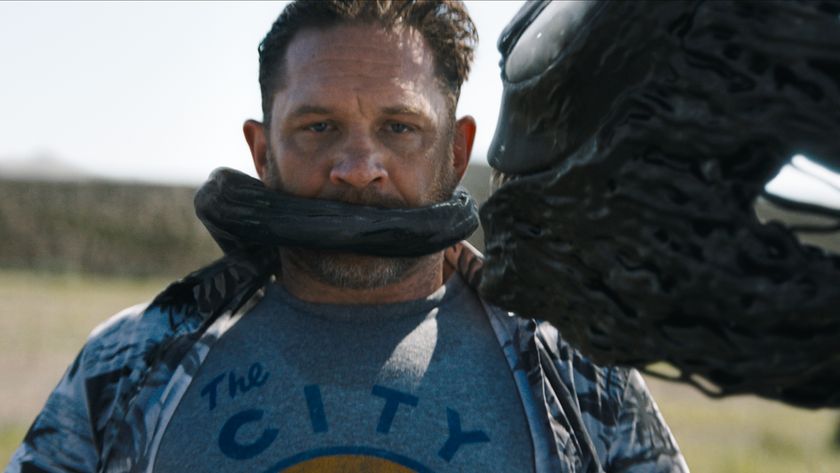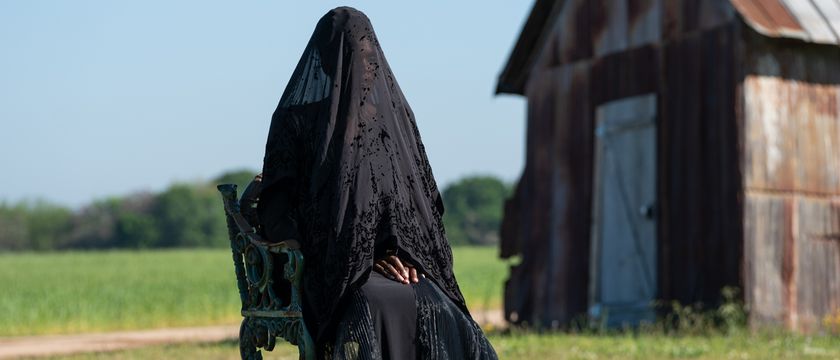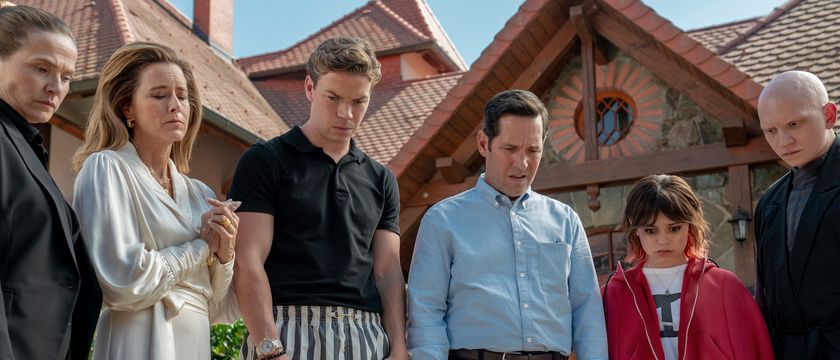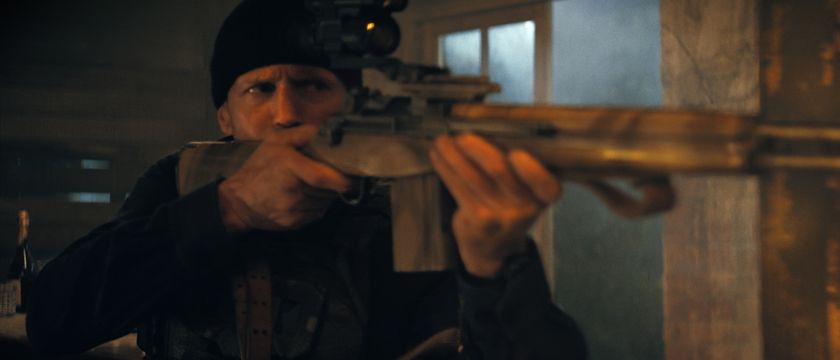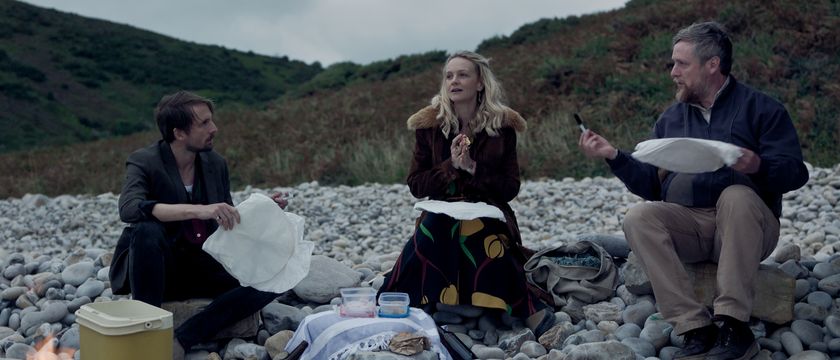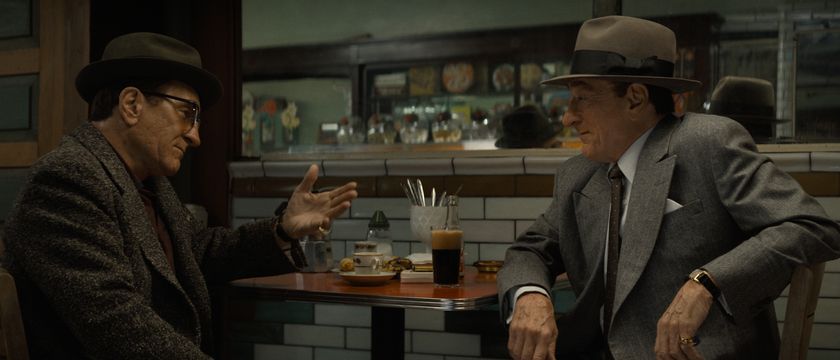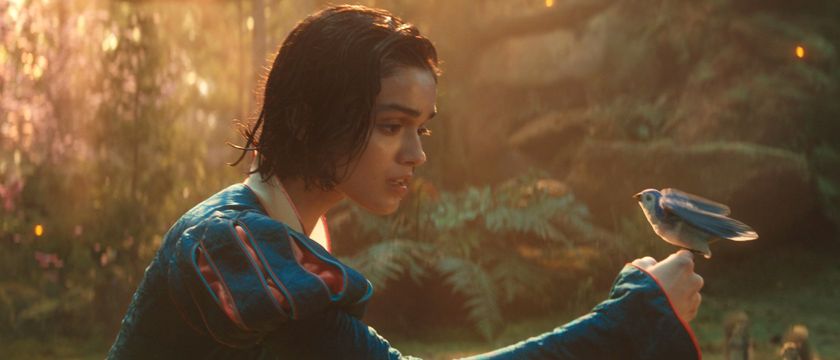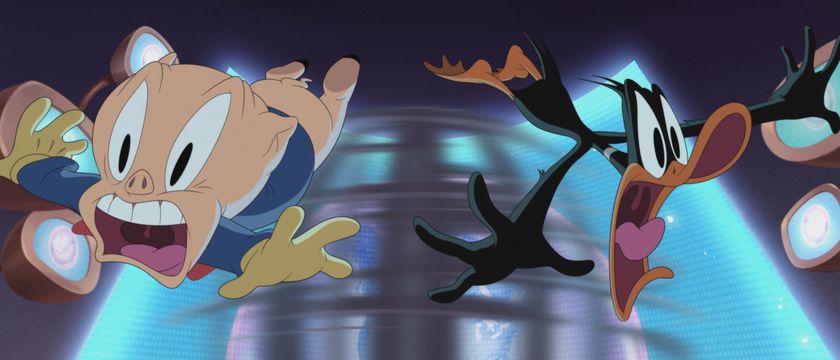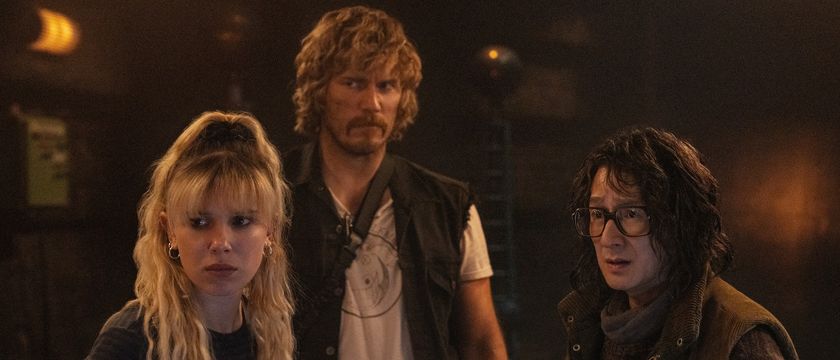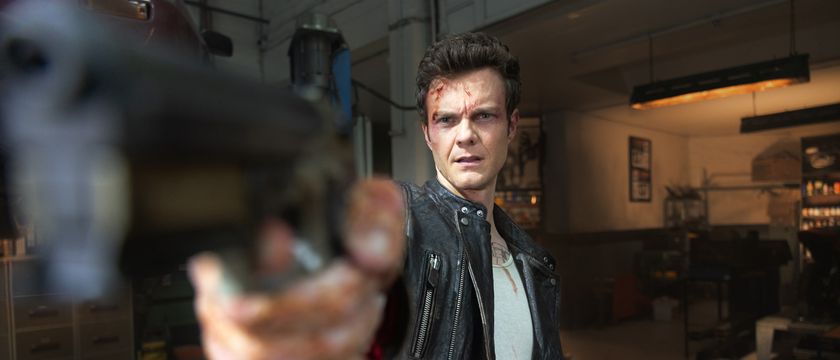Fairy tales often conjure images of sleek and clean worlds populated by knights riding on horseback and monsters who dwell in caves. It's a well-worn idea, but now the time has come for those myths to come crashing into reality to see how orcs, elves, humans and other beings would operate in the real world. That's the universe created by David Ayer's Bright, and while Netflix's first big-budget blockbuster impresses on a technical, thriller level, its deeper subtext is incredibly heavy-handed and fails to bring anything new or interesting to a profoundly political conversation about cops and race.
We open on Bright to find a world that's not terribly dissimilar from our own. Los Angeles is a mess, as racial tensions and bigotry lead society to a boiling point. However, this isn't just a world defined by black and white; it's a universe in which monsters from the stories of J.R.R Tolkien actually live side-by-side with real humans. Enter seasoned cop Daryl Ward (Will Smith), who finds himself (unwillingly) partnered with the LAPD's first-ever orc cop, Nick Jakoby (Joel Edgerton). The two don't exactly care for one another, but when they stumble on a rare magic wand and a "Bright" named Tikka (Lucy Fry) who knows how to use it, they realize that they must work together if they want to keep it out of the hands of dark elf Leilah (Noomi Rapace) and survive the night.
Structurally-speaking, Bright feels like a combination of David Ayer's own End of Watch and Walter Hill's The Warriors, and that mission to stay alive over the course of one night is where the story works best. There is proper tension and great action at play here, but the script often betrays those stronger elements with some incredibly on-the-nose observations about police relations with minority communities. From the moment Will Smith's Daryl Ward utters the phrase "fairy lives don't matter today," before killing a sprite-like creature on his porch, it becomes abundantly clear that subtlety is out the window in a movie like Bright.
The best thing that can be said about Bright is that it introduces audiences to a world that's absolutely ripe for exploration. Combining Tolkien with David Ayer's darkly violent and gritty sensibilities creates a fascinating ecosystem, and it's clear that there are great stories that can be told in this universe. Screenwriter Max Landis has even referred to Bright as his Star Wars, which makes sense when we view it as an ever-expanding world that has the potential for stories outside of the two main characters in this first film.
The problem is that this richly-constructed world often comes at the expense of characters. Though Joel Edgerton does a fantastic job performing as Jakoby through his heavy makeup (he's the beating heart of the film, but all too often gets saddled with exposition), Will Smith is more or less on autopilot, doing what everyone pretty much expects from a Will Smith action movie these days. In fact, if the name "Ward" wasn't directly printed on the uniform of Smith's character, we would've just assumed that we were looking at Suicide Squad's Floyd Lawton.
That issue of thinly-drawn characters becomes even more pronounced when we look at Bright's supporting cast. Noomi Rapace delivers a physically impressive and athletic performance as Leilah, but there's nothing to her personality that's even remotely interesting. She's just a broadly evil villain who wants to acquire X so she can do Y. Lucy Fry also isn't particularly interesting as Tikka, more often than not doing an impersonation of Milla Jovovich's Leeloo from The Fifth Element.
As far as saving graces go, David Ayer continues to show that he knows how to present audiences with a gritty and visceral vision of urban life when he's unfettered by studio interference. His action sequences come hard and fast, and there are some genuinely thrilling fights worth checking out throughout the bulk of Bright's runtime. When the bullets start flying, action movie buffs will almost certainly enjoy themselves, but the downtime between those sequences can become a real slog after a while.
So in the end, the main takeaway from Bright is the fact that it's a mixed bag. David Ayer has crafted some legitimately great action sequences, and there's an argument to be made that this is the gritty and hard-hitting movie that Suicide Squad should've been in the first place. Beyond that, the world created by Max Landis feels like a refreshing change of pace from interconnected superhero worlds or galaxies far, far away. On the other hand, all of that good stuff ultimately feels short-changed by a predictable and thinly-drawn A story that relies on coincidence and deus ex machina to even work.
David Ayer's Bright isn't as clever as it thinks it is on a thematic level, but it's a decent buddy cop thriller set in a fascinating world that's worth a weekend viewing. Netflix has already announced plans to move forward with a sequel, so our hope remains high that a more imaginative story can help elevate this cool universe to the less formulaic heights that it deserves.
Originally from Connecticut, Conner grew up in San Diego and graduated from Chapman University in 2014. He now lives in Los Angeles working in and around the entertainment industry and can mostly be found binging horror movies and chugging coffee.
